Mihovi honey house
CW25+85 Prilep, Bulgaria
+359 878649376
Similar Tours
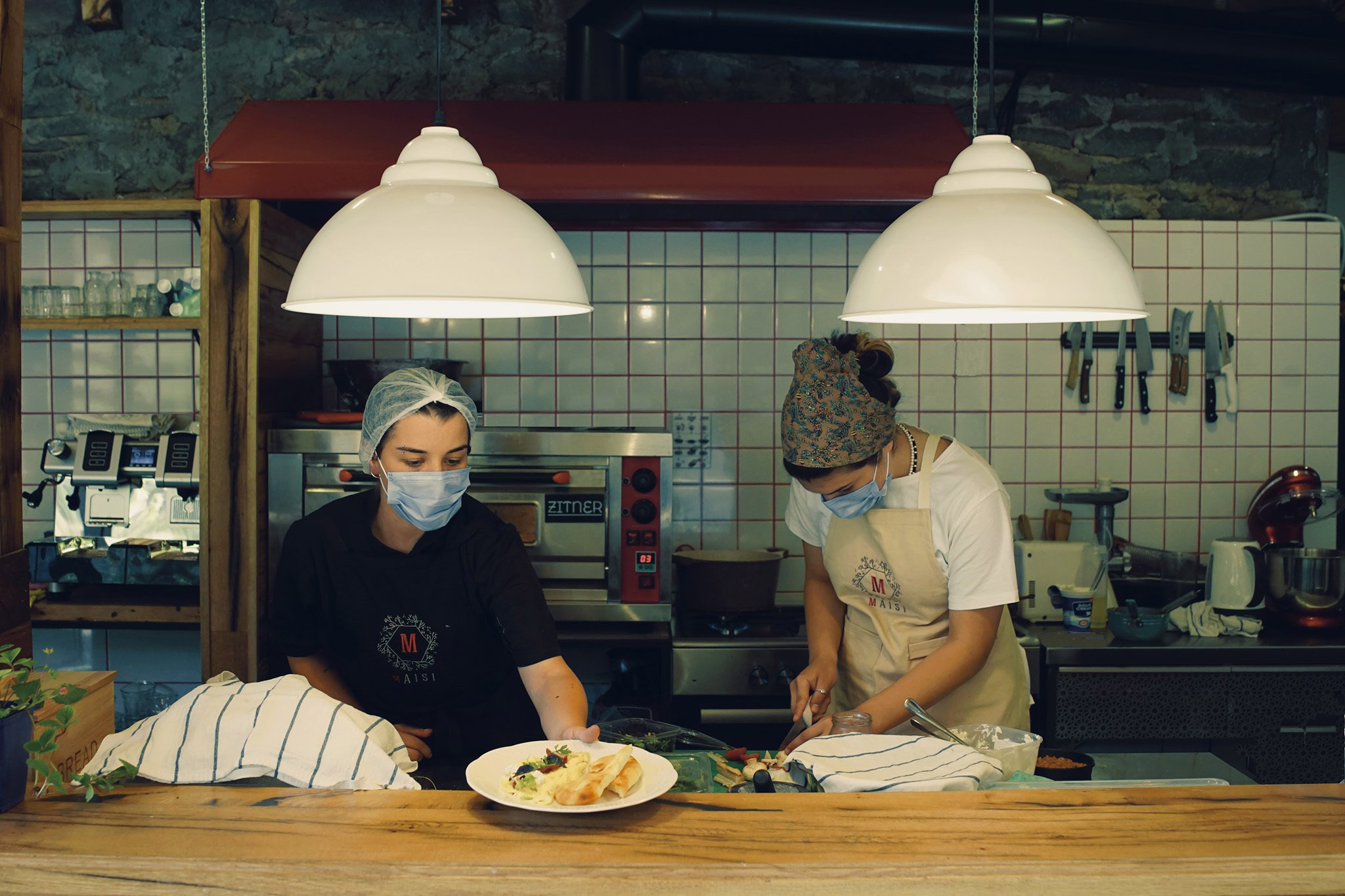
Khevi gastronomic master class
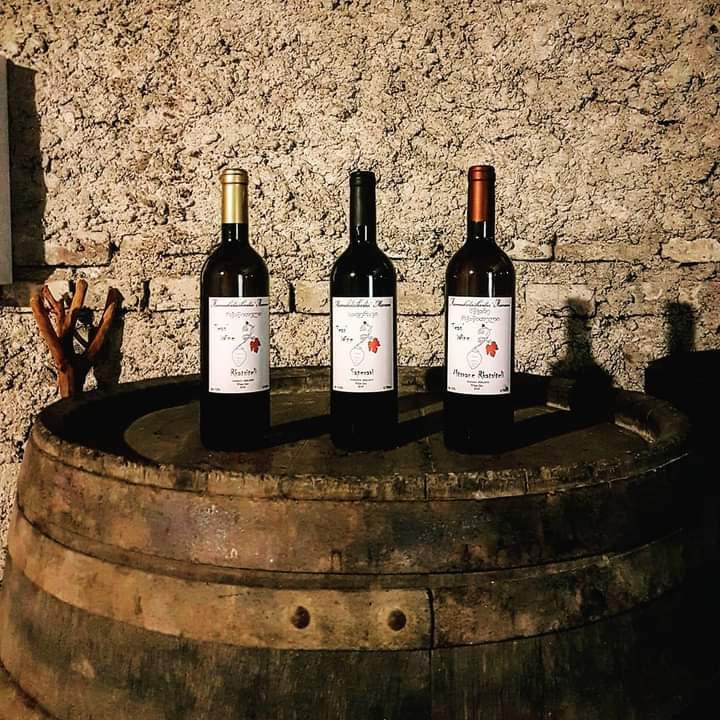
Kurdgelauri marani

Master class of restored recipes
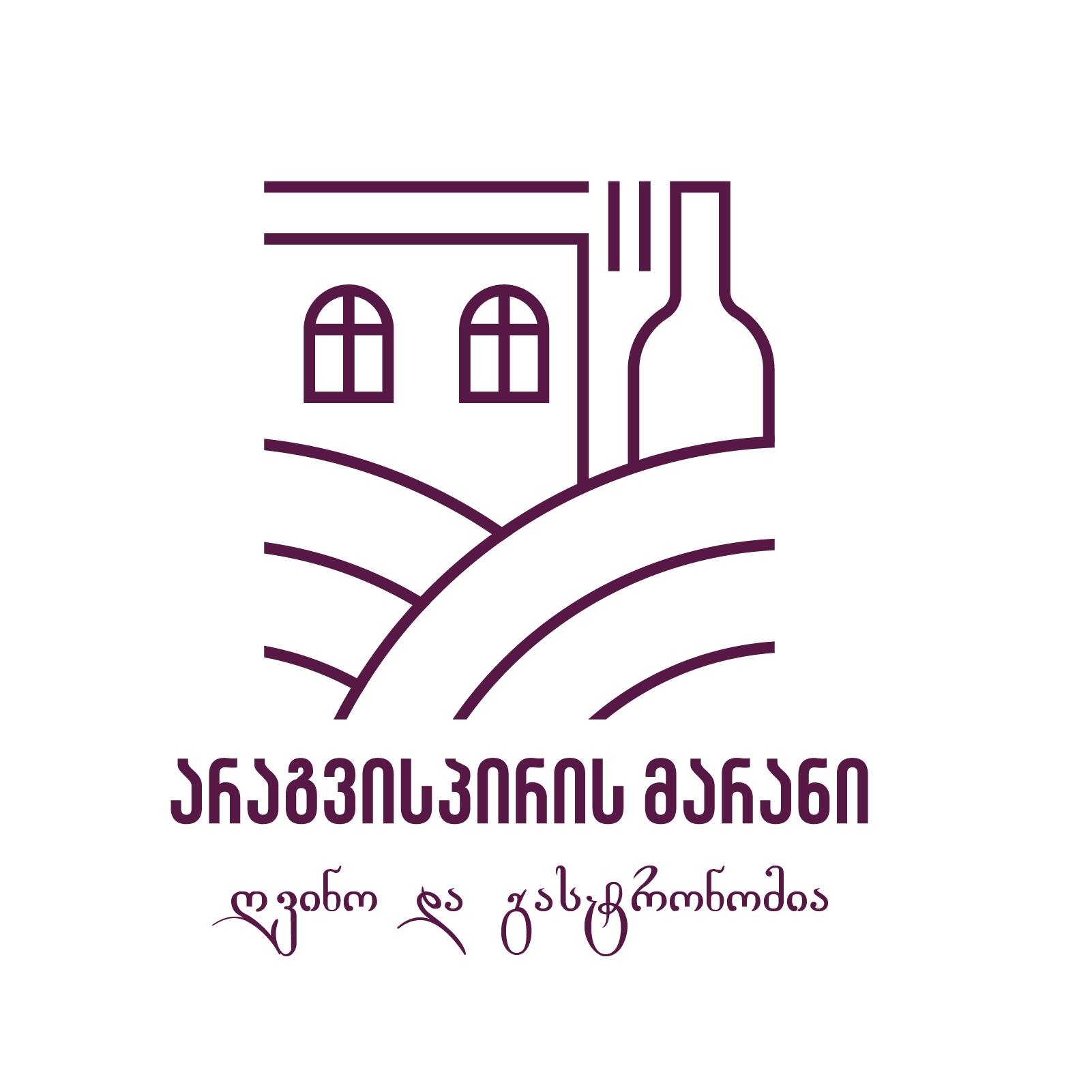
Aragvispiri wine cellar
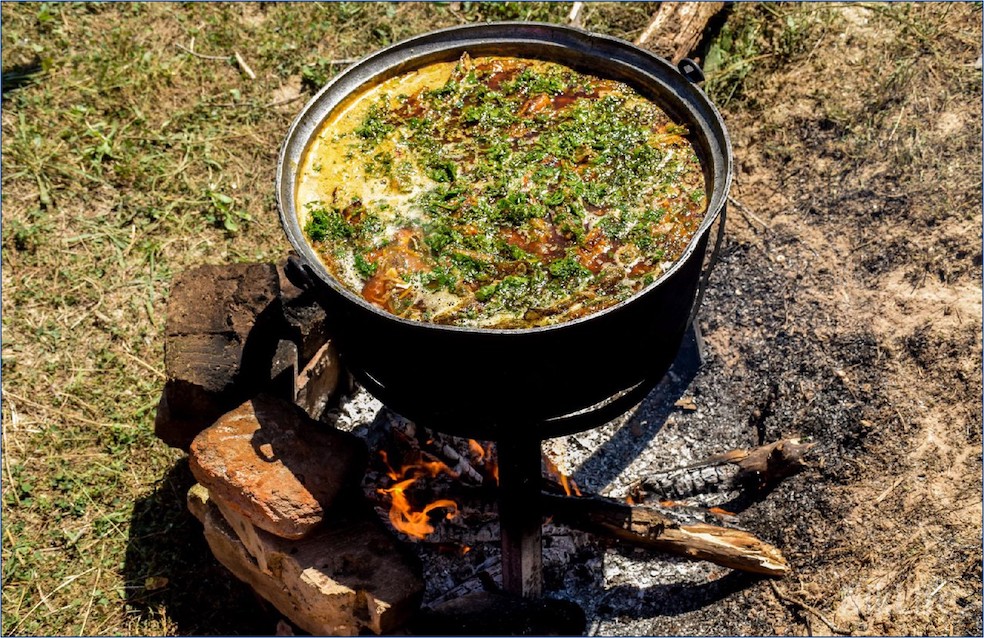
Technology of cooking borscht with goby fish
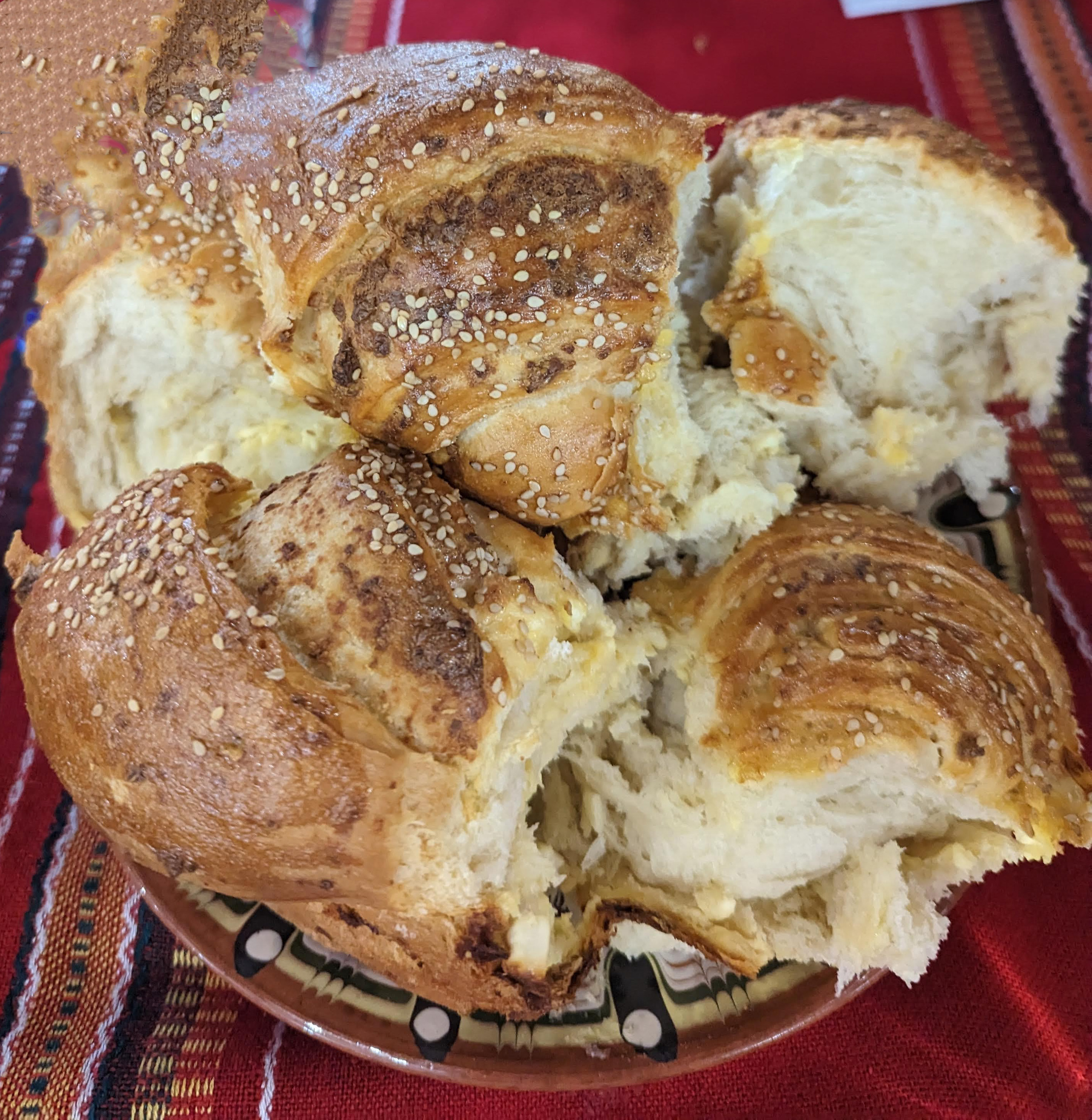
Festival "On the path of bread in Dobrudja"
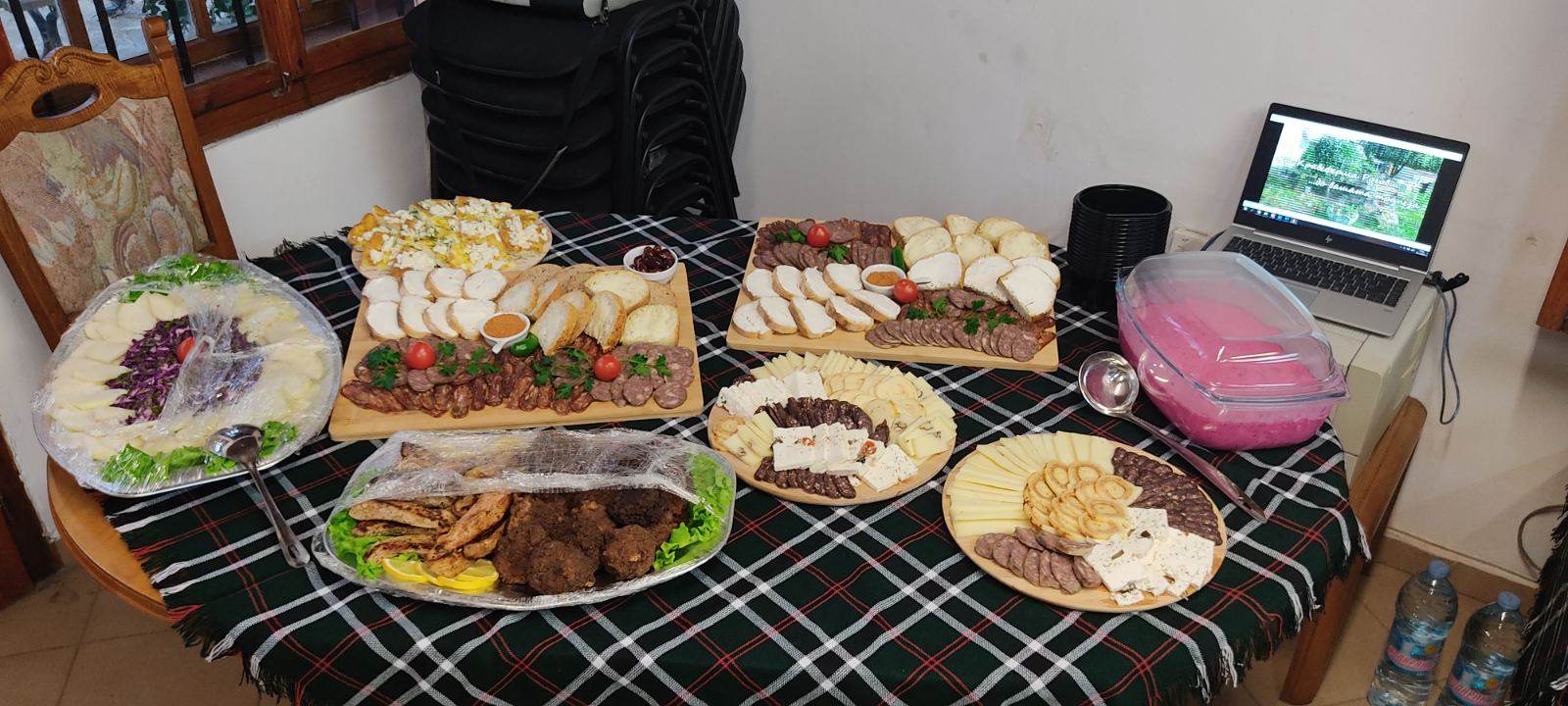
Small Farms Tour
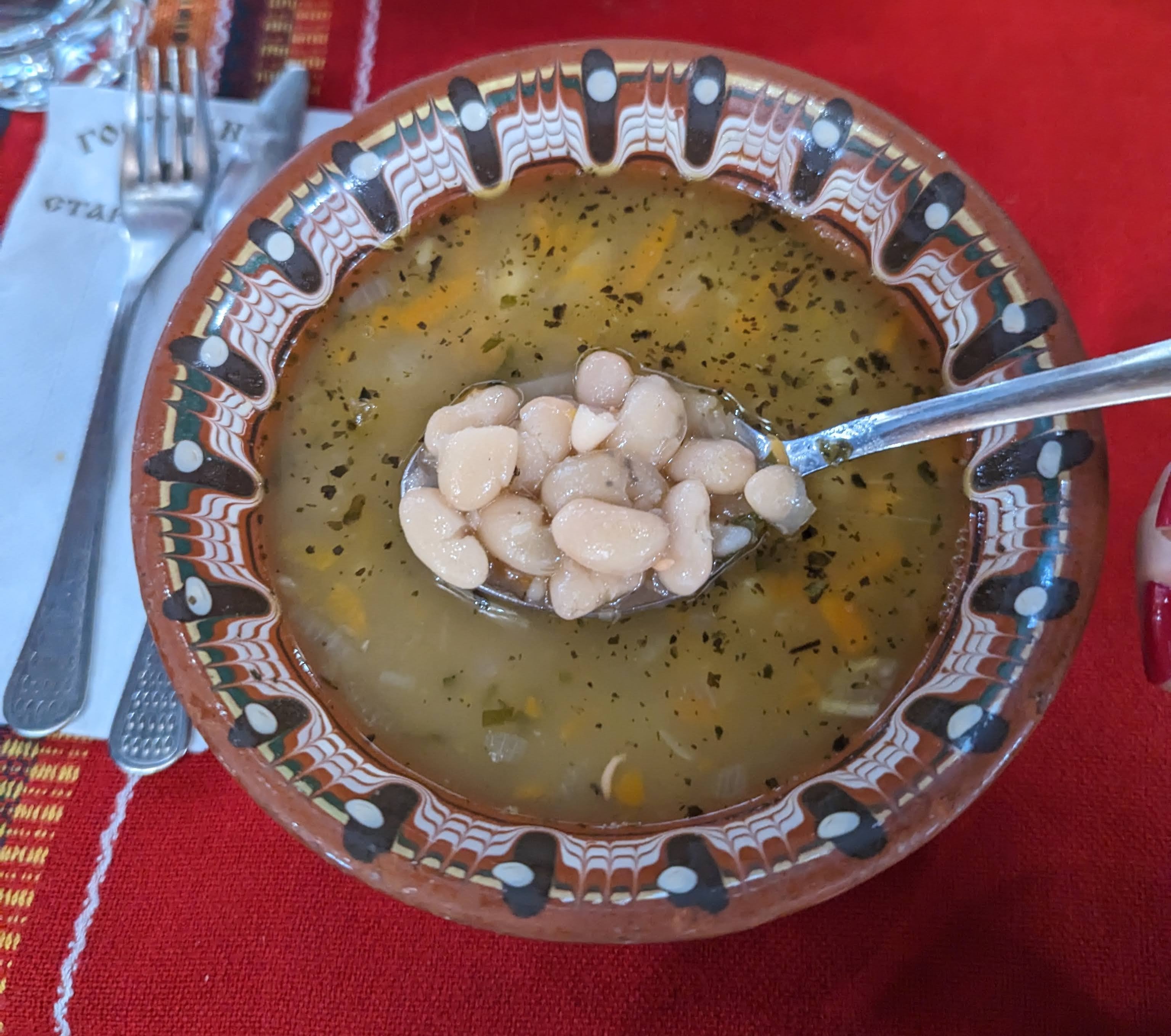
Culinary art
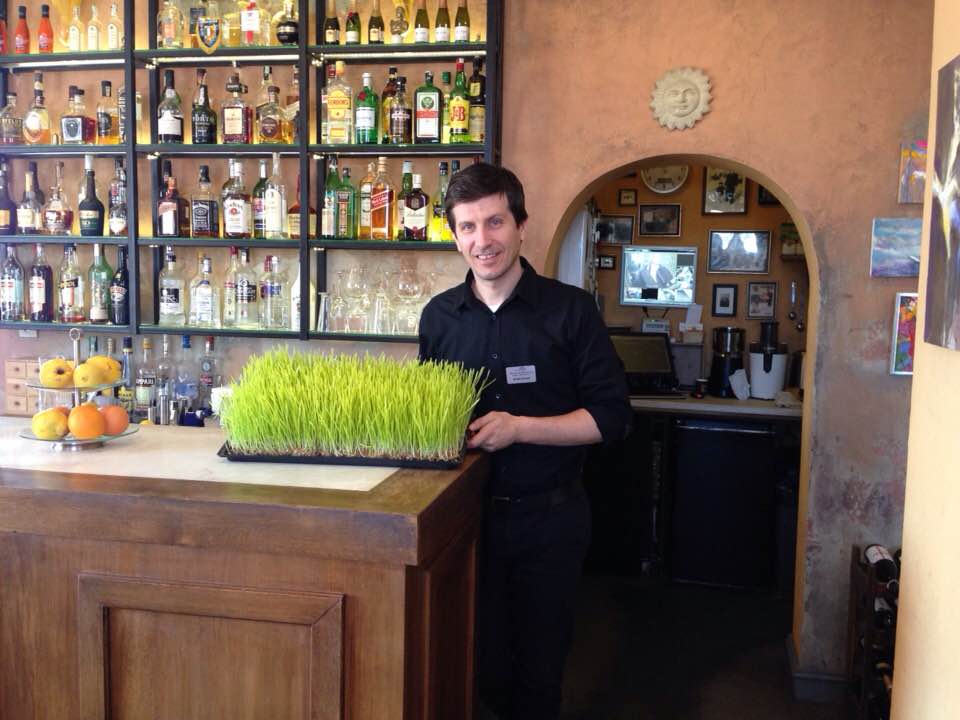
Wheatgrass Health Seminar
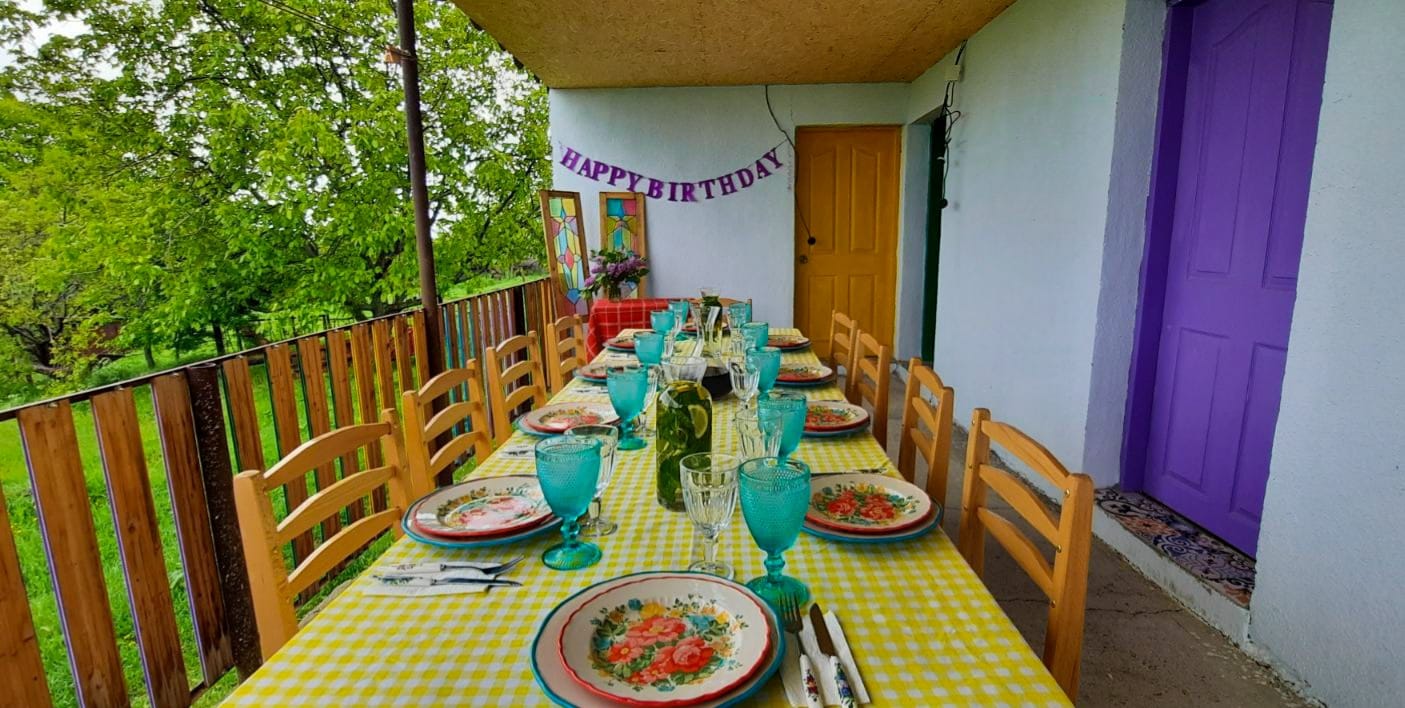
Gastronomic master class

Harvest party
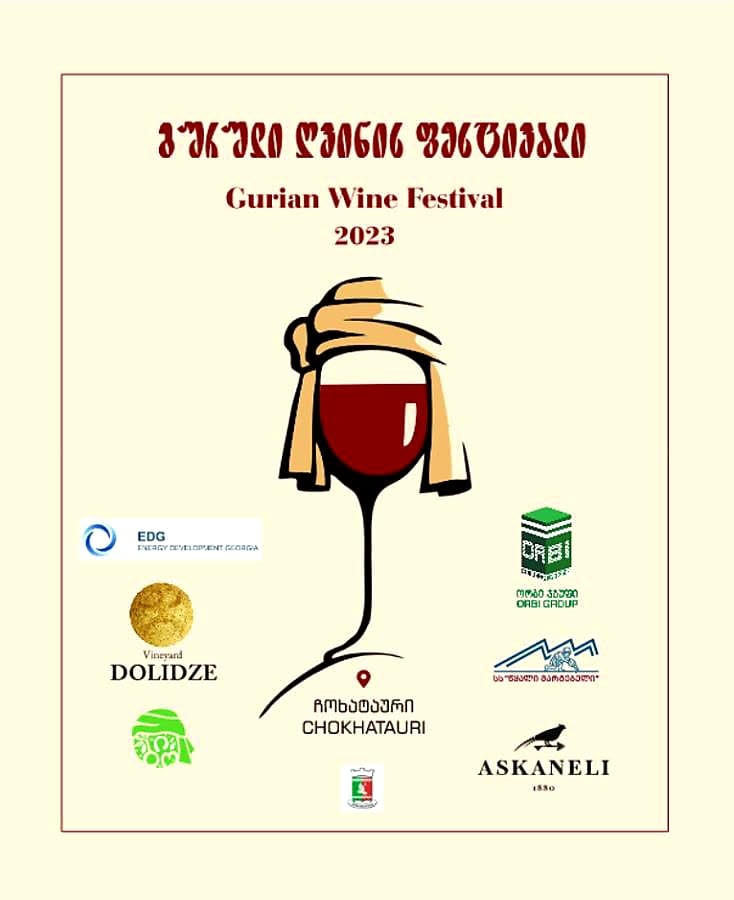
Gurian Wine Festival 2023
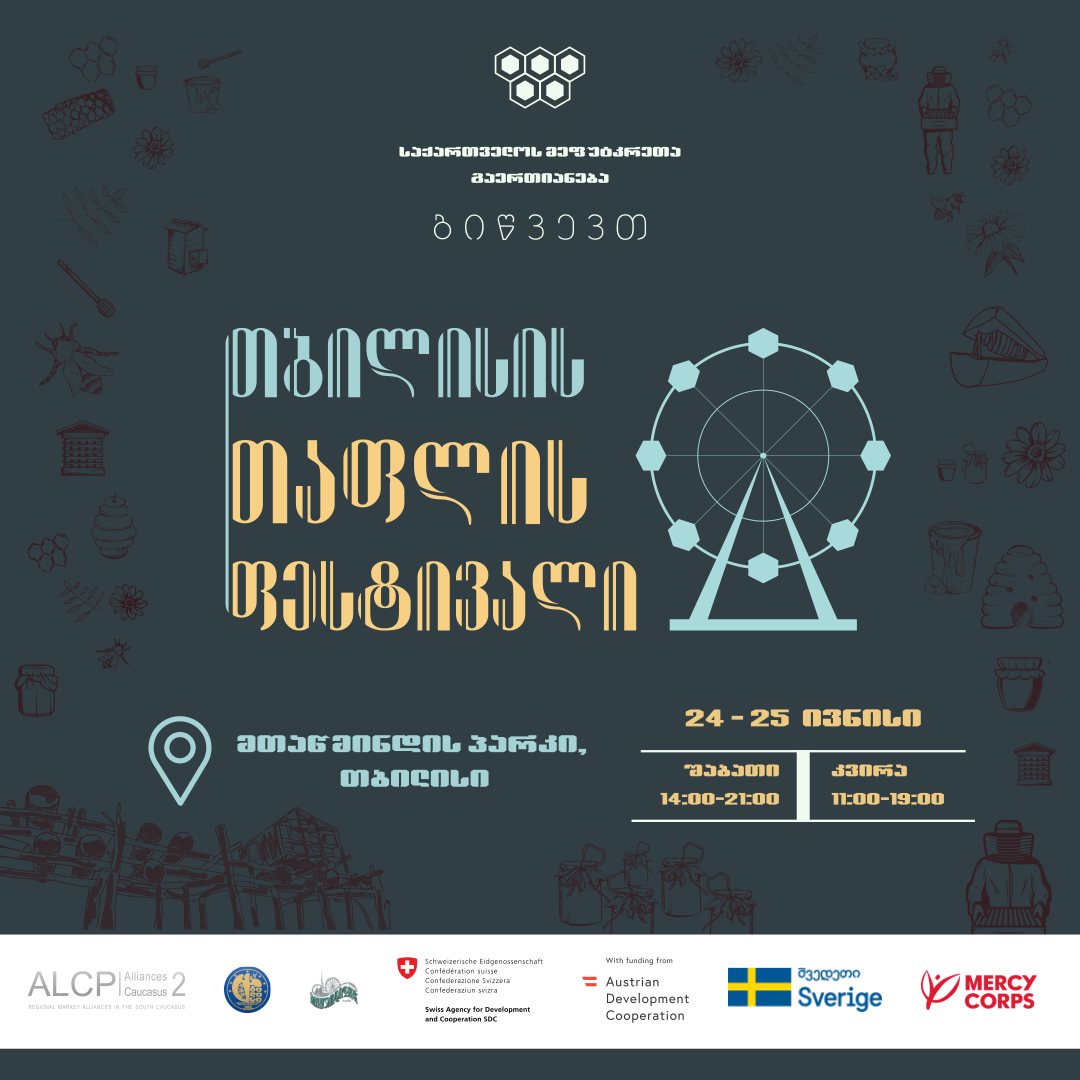
Tbilisi Honey Festival
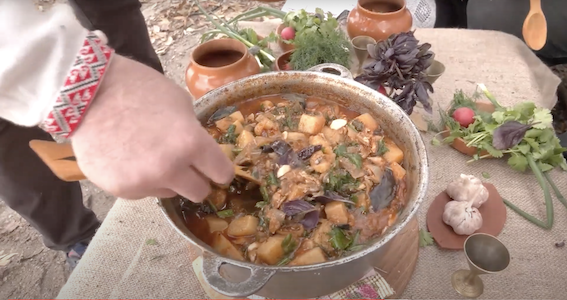
Tourist magnets of Vitovskyi district
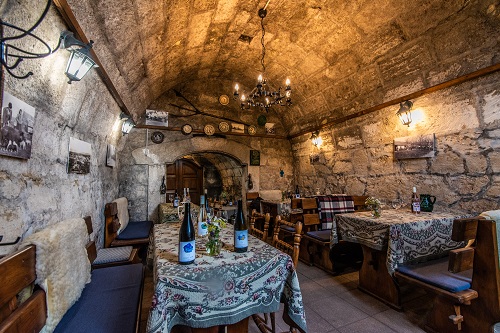
VIZI WINERY
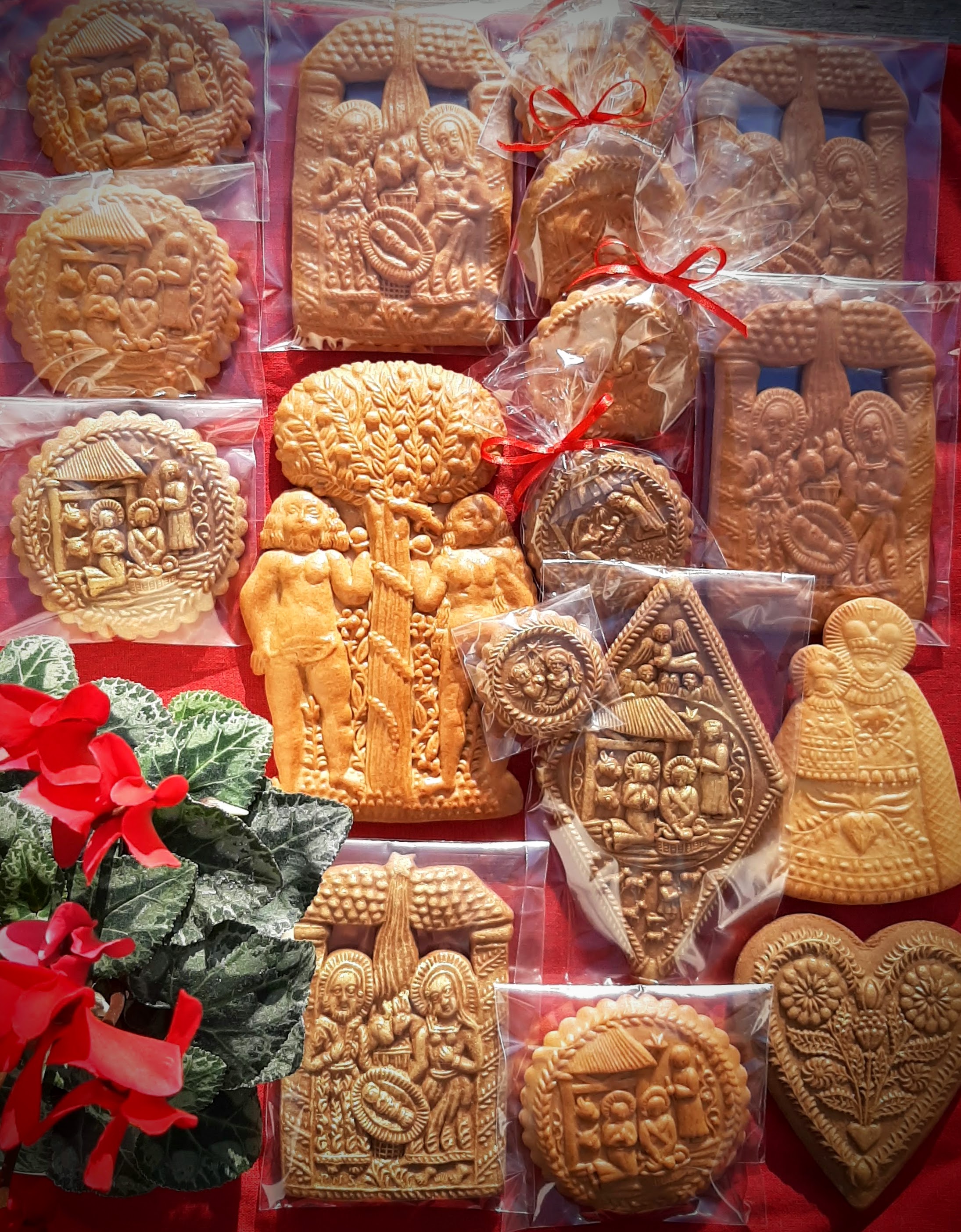
Gingerbread making with carved honeycake moulds
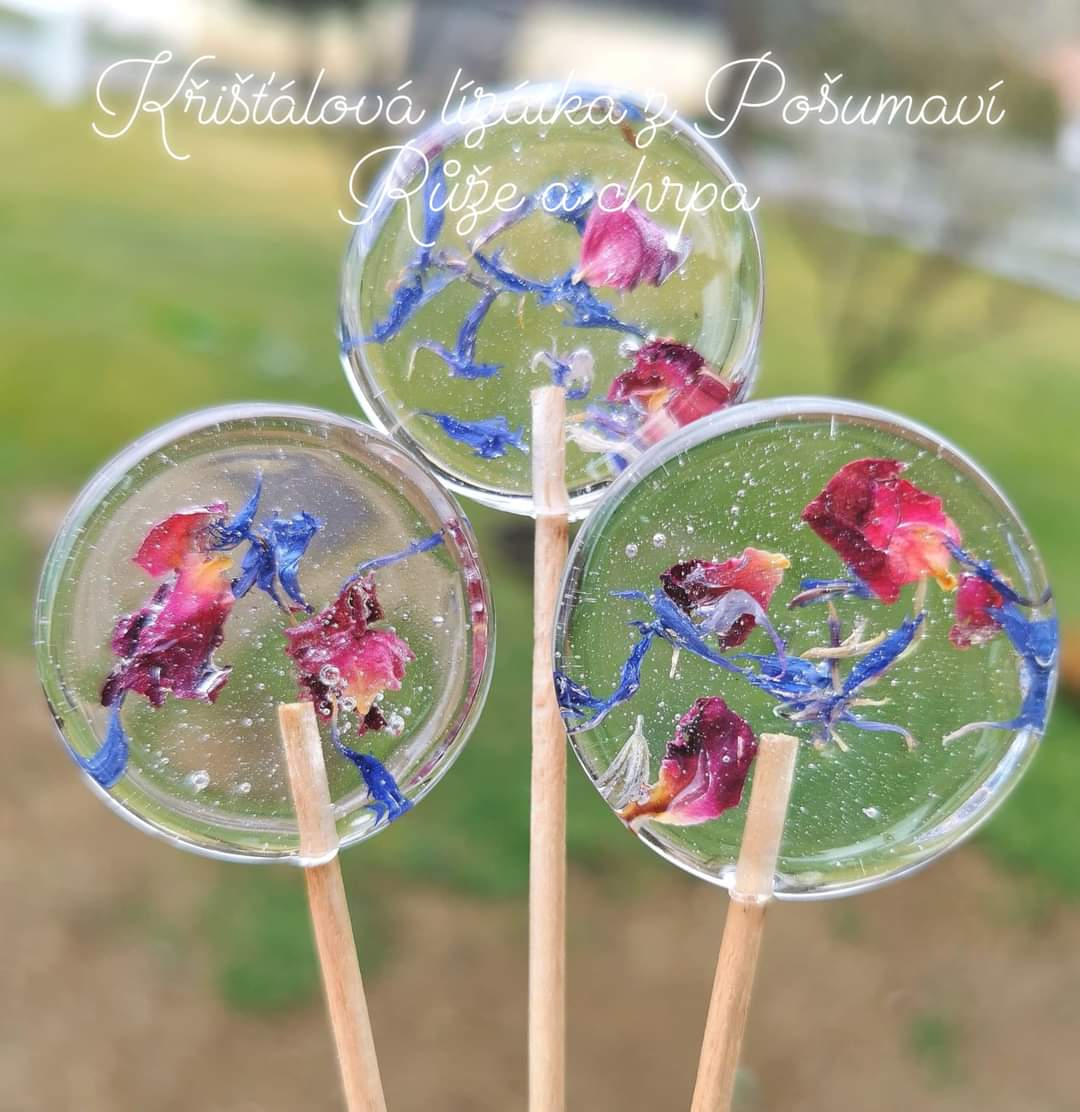
Handmade candy lollipops
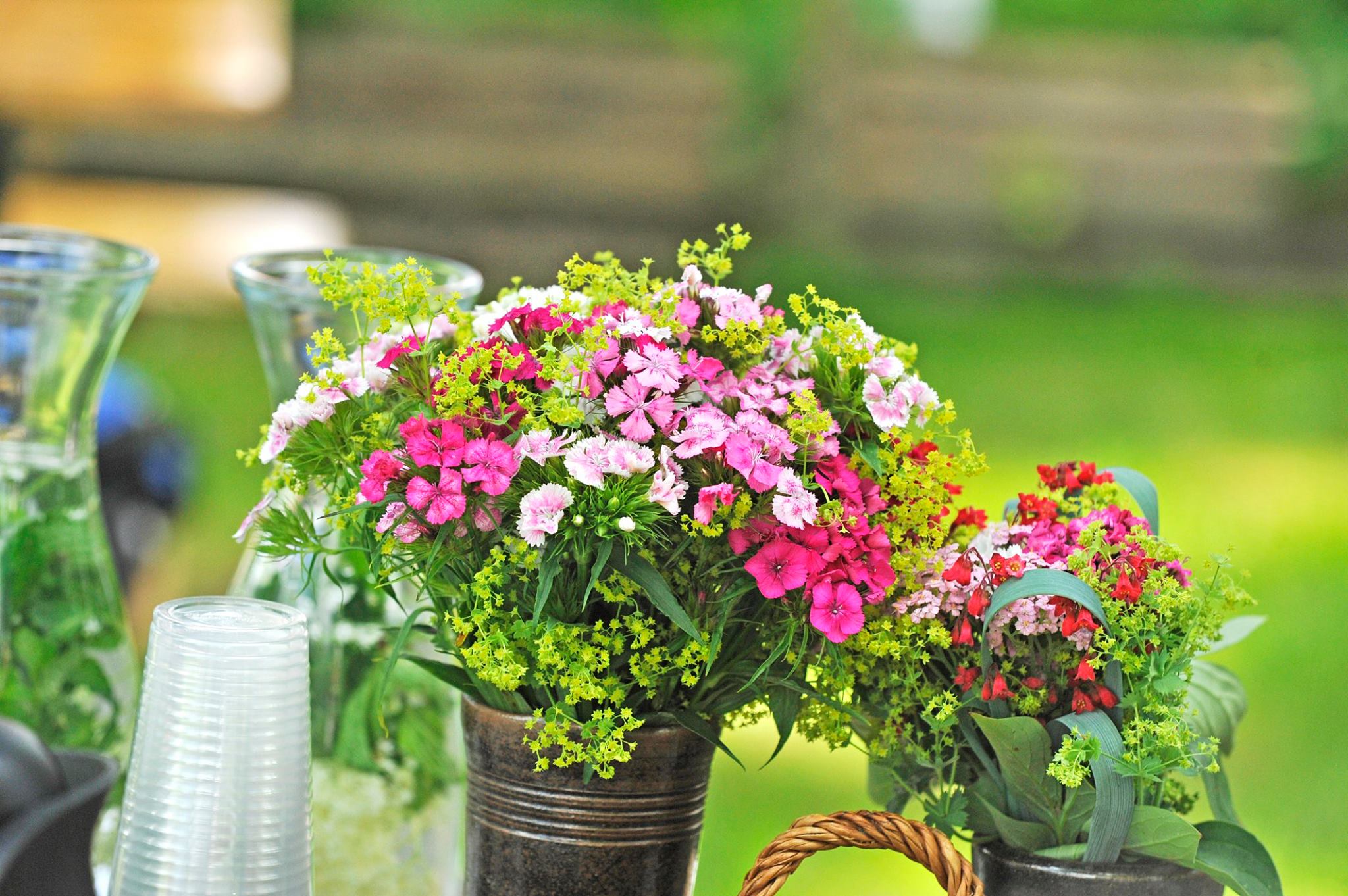
Ky.By Garden Chlumany
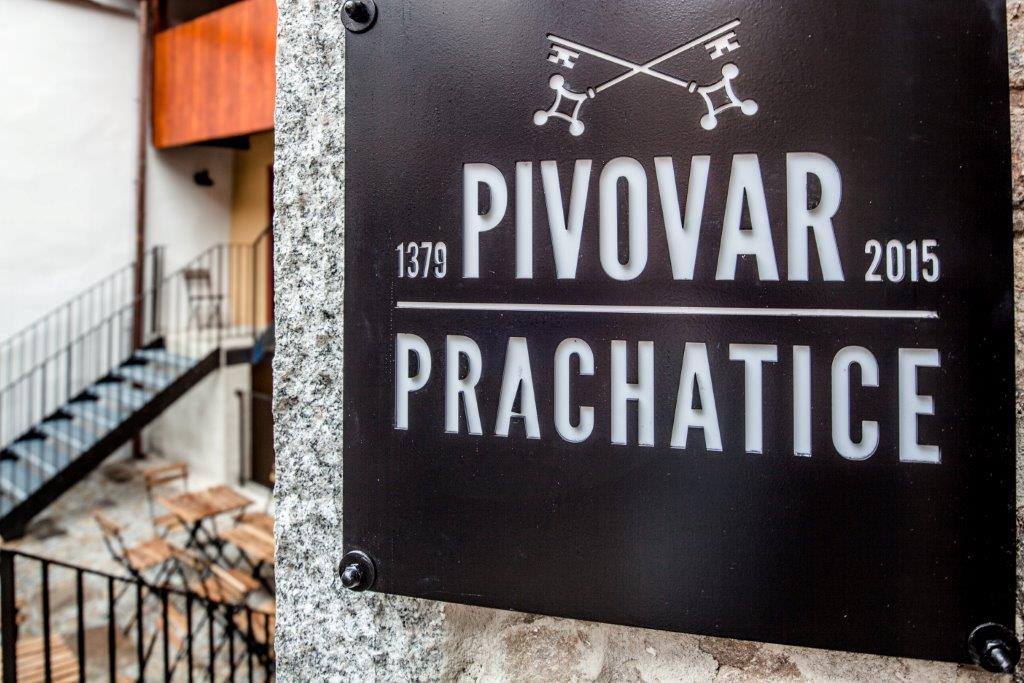
Guided tours of the microbrewery
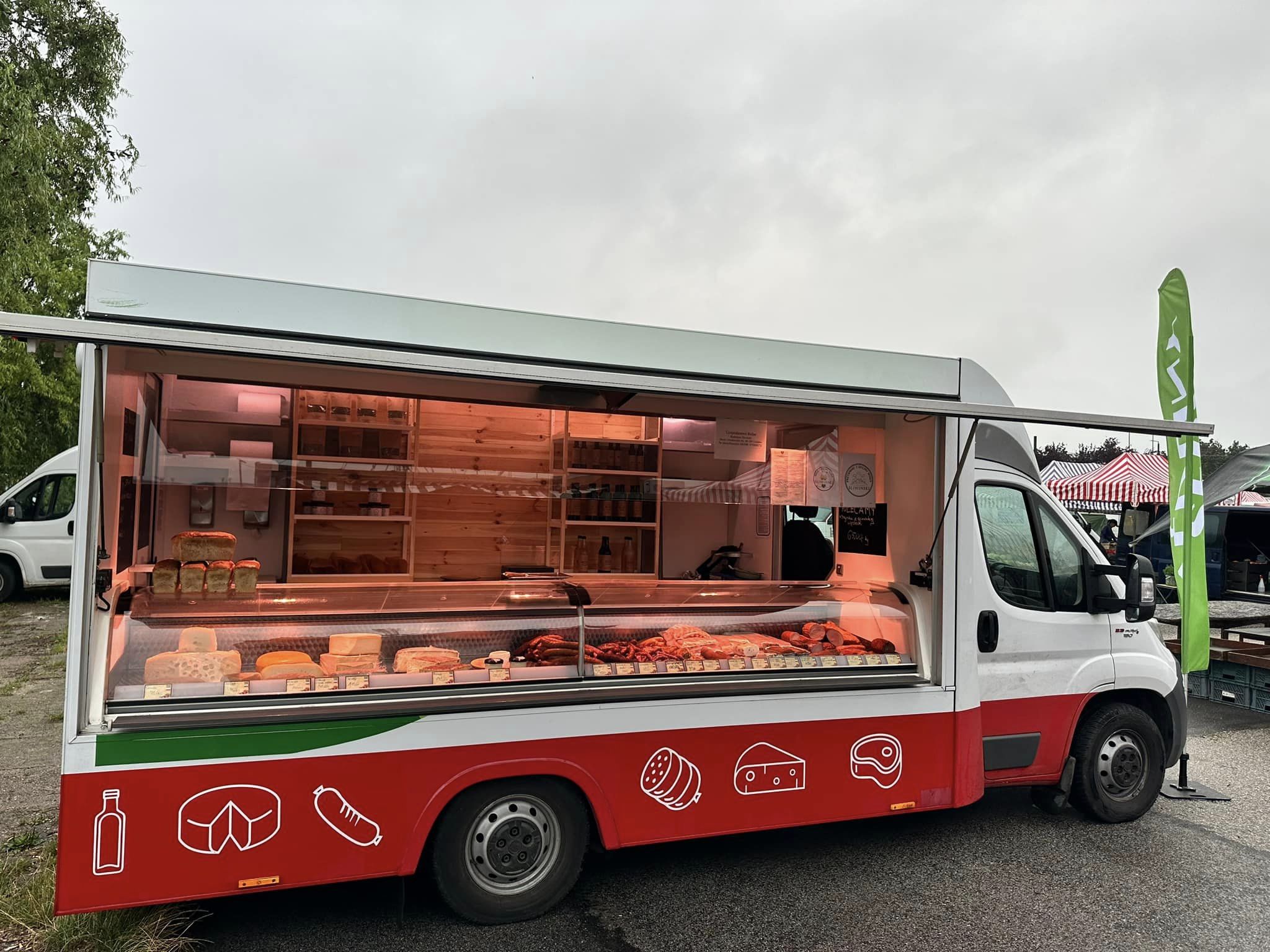
Wróbel Ecological Herbal Farm

Cultural-mythological tour of the village and culinary master class in Gudamakari
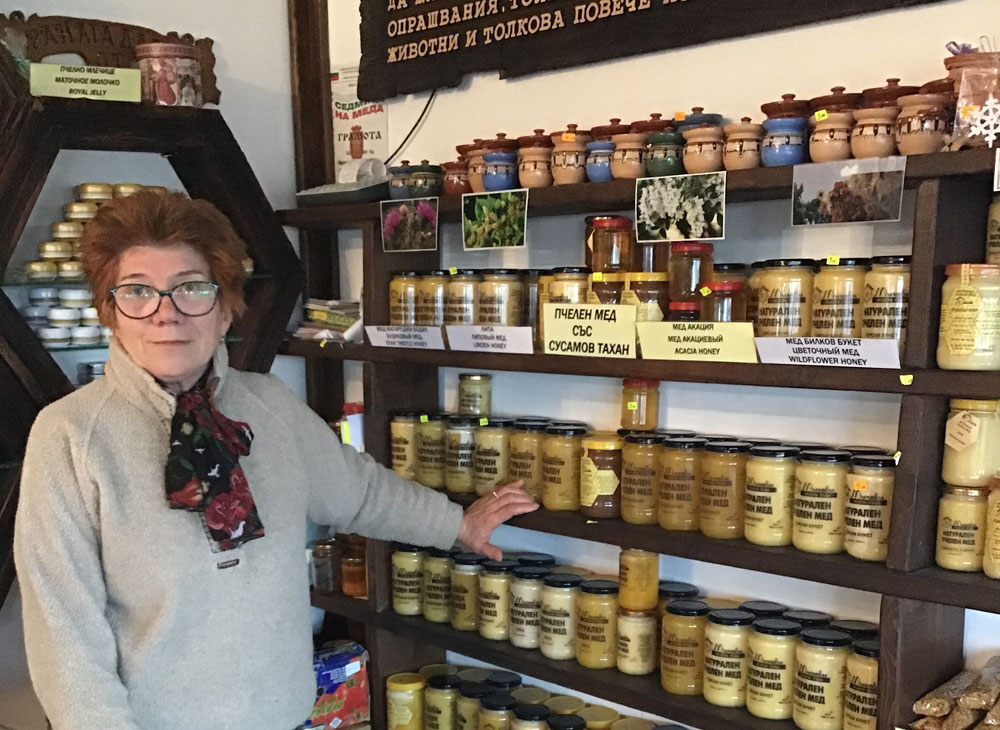

Signboard

Parking

Meals

Drinks

Free Wi-Fi
Available Services

Cash payment

Money transfer
10
Nedyalka Mihova was born and lives in Dobrich. An engineer by profession, she is in love with beautiful nature and its conservation and preservation. Beekeeping is her hobby. Together with her husband and daughter, they created and manage Mihovi Honey House.
• The tourist product is a one-day visit to the Mihovi Honey House in the village of Prilep, during which a presentation will be made about bees and the way they are reared, the centrifugation of honey from honeycombs will be demonstrated and a tasting of honey drinks will be offered (honey , pollen and lemon juice, iced mint tea and honey brandy, honey bee cocktail), of course, on honey taken directly from the hive, etc. bee products such as honey wafers, etc. • The visit will also include a fun (game) element - making candles from wax sheets and/or making a beeswax stamp with a personal stamp. An available wax machine turns old wax cakes into purified wax that will serve this purpose. This product is aimed at all age groups and forms of visit - individual or organized tourist groups, residents and guests from the region, families with children, students, pensioner clubs, etc. • Creative tourism • The way of presentation, promotion and demonstration of the product implies innovation by including the following elements: • expansion of the range of honey products - preparation of honey drinks according to an old recipe is added; • an entertaining element is planned - making candles from wax sheets and/or making a seal from beeswax with an individual stamp; • has a high educational value - the visit includes not just a tasting of honey and honey products, but through the presentation, visitors learn about the beneficial qualities of honey and the important function of bees for life on earth. • The product can be enriched with a walk in nature and organizing a picnic. The beehive is located in an ecologically clean region next to the Batovo River, and the many fields covered with herbs and agricultural crops create suitable conditions for this. Thus, interest in the region as a natural tourist destination will be awakened. • Ecological element - the product aims to have an educational ecological effect, emphasizing the need to protect a clean natural environment, a condition for the development of beekeeping. Through specific examples, the difficulties that modernity creates by producing pollutants of all kinds, especially the use of chemicals for plant protection, will be outlined. • Location: the object is accessible and well positioned - in the neighborhood of large cities and resort towns - it is located in the village of Prilep, 45 km north of the city of Varna, 30 km southeast of the city of Dobrich and 15 km from resort Albena. • The approach to the development of the tourist product is based on the restoration of an old tradition in the Dobruja region of beekeeping and the revival of old recipes for the preparation of honey drinks, known since the early Middle Ages in our lands. By popularizing these recipes, the aim is to arouse greater interest in beekeeping and bee products, as well as to provoke real actions to protect bees and the clean natural environment so necessary for their survival. • Cultural Heritage • Beekeeping in Dobruja is not the main occupation of the population. In the past, honey was harvested from wild apiaries in the forests of Dobruja. For the development of beekeeping in Dobrudja, the good conditions for bee grazing (many forests, natural meadows and fields) favored above all. The careful beekeeper monitored both the type of pasture and its distance from the hives, because the quality of the honey depends on the type of plants the bees ate, and its quantity depends on the distance between the pasture and the hives. It is accepted that the best distance between the pasture and the hive is 1.5-2 km. Having complied with these conditions, the farmers placed the beehives outside the village, and these areas are called apiaries. • "Grass" or beehives were used to raise bees. Each farmer made his own beehives. They were woven from lusin, the framework from sticks of tetra, and most often the shape is cone-shaped. The outside was plastered with cow dung or with dung and yellow soil. • To make 1 kg of honey, bees need to collect 3 kg. nectar and process it. During processing, they ventilate the moisture, enrich the nectar with bee ferments, bee venom, propolis, royal jelly and thus turn honey into a living product - a wound and medicine for humans. A hive of bees manages to collect about 150 kg. honey for a summer. One jar of honey is equal to 4 bee trips around the Equator. Two types of bee products are obtained from bees - for direct consumption and use in medicinal preparations, and the others are an important part of the process of breeding and reproduction of bee families. Food and medicinal bee products: honey, pollen, bee pollen - pollen, bee bread or perga and royal jelly, beeswax, bee glue /propolis/, bee venom and bee larvae /brood/. • Saint Procopius is the patron saint of bees and beekeepers - the summer holiday of the people who make sure that the honey called "the elixir of life" reaches us. Blessed by God, bees can cross the border between the visible and invisible worlds, eavesdrop on the Devil, sense evil, but are the helper and right hand of good. They are blessed to create honey - giving strength and long life. Jews, savages, terrible diseases, Grandma Sharka, oristniki - all of them have their hearts softened with honey cakes. Honey is a remedy and cure for hard hearts. • According to folk beliefs, on July 8, beekeepers get up early, before the sun has even risen, to find the bees in the hives. They go to them with two white loaves - one for God, the other for St. Procopius, smoke the bread in front of the hives, spread it with honey and then distribute it to neighbors and acquaintances for health and prosperity and for good honey. The hives are "trimmed", which means that a piece of the honeycomb is broken off from each one. This first honey is considered to have magical properties, to cure various diseases. Therefore, it should be kept in a safe place and kept throughout the year, if the children get sick with a sore throat, it is badly bitten by insects, bees, hornets, spiders..., this honey is used to spread the pies in honor of Baba Sharka, and also and the foreheads of children, maidens, and brides, that they may not catch lessons. On this day, no work is done so as not to "dig up a cloud in the field". For the holiday, women prepare two ritual breads - "goddess" and "saint", honey must be put on the table, and the rest of the dishes are prepared from a sacrificed animal. • With the perfect organization, diligence and ability of bees to predict the weather with their behavior, bees earn great respect. Since time immemorial, in our country it has been said that the increased collection of propolis and its accumulation around the entrance of the hive portends a cold winter. If the bees come out earlier in the morning than usual, the day will be sunny. Conversely, if they stay in the hive or fly near it, it will soon rain. • The use of bee products in Bulgarian folk medicine is diverse. To this day, the so-called "gentle ointment" is prepared at home with wax, which is an indispensable remedy for wounds, burns and trauma. The wax was widely used in medical compresses, called "mushami". A mixture of wax, resin, incense and olive oil was heated in a suitable vessel. The sore spot is soaked with a cotton piece of the mixture. Even today, the power of propolis is used, which modern doctors call a "natural antibiotic".
Season :
Spring, Summer, Autumn, Winter,
Seating capacity :
35
Duration of the service :
2 hours
Guest requirements & Cancellation rules :
Reservation at least 2 days in advance, cancellation at least 1 day in advance
Working hours :
09:00-19:00
Resting Days :
None
Min and Max number of visitors :
5-35
By using the site, you agree to the cookies policy
Terms and Conditions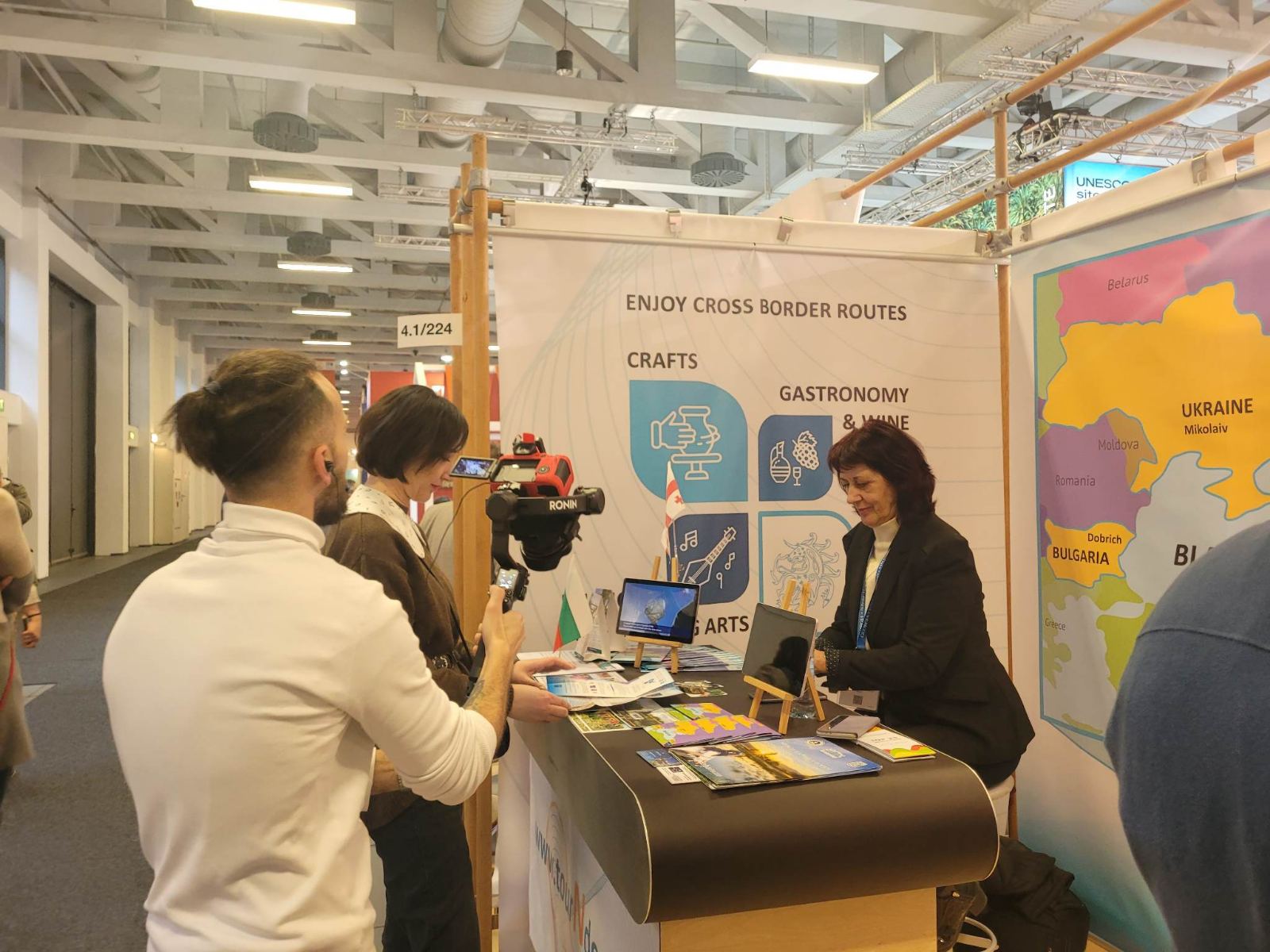
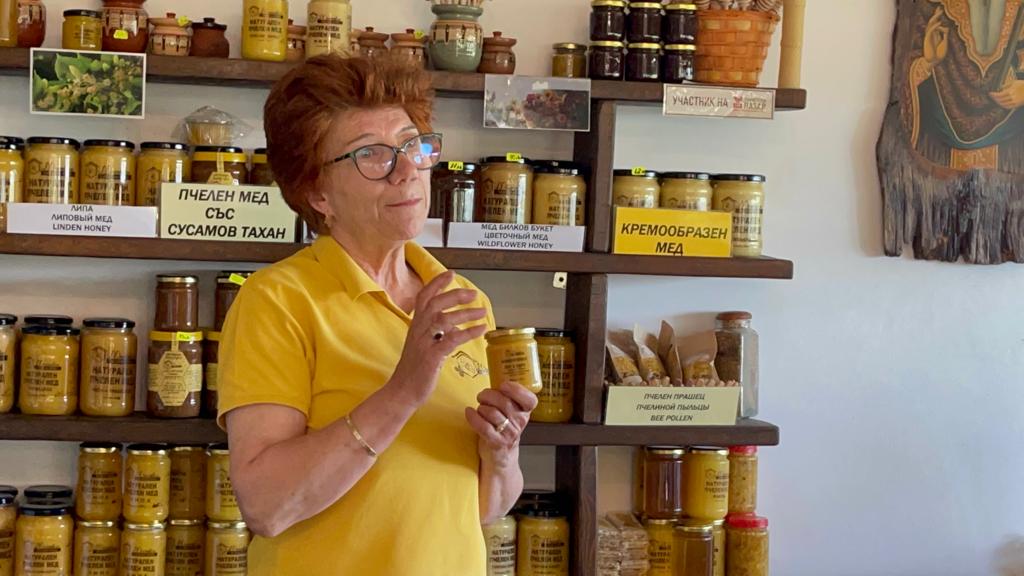
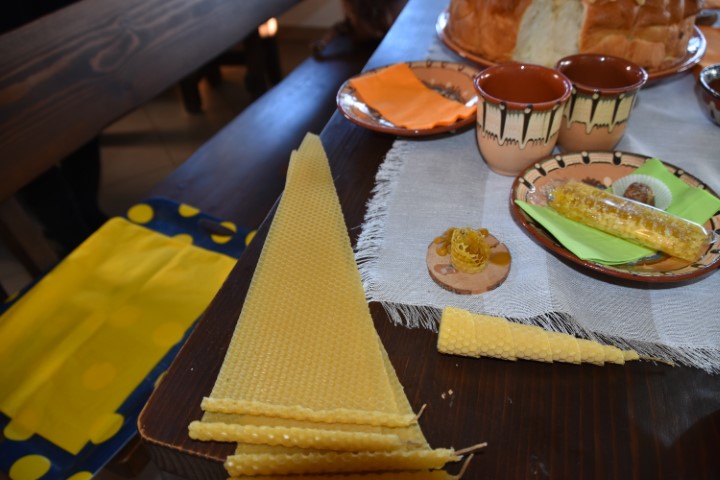
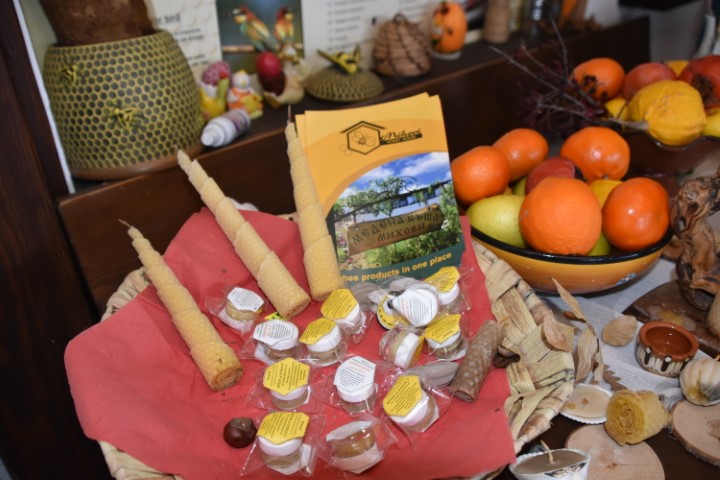
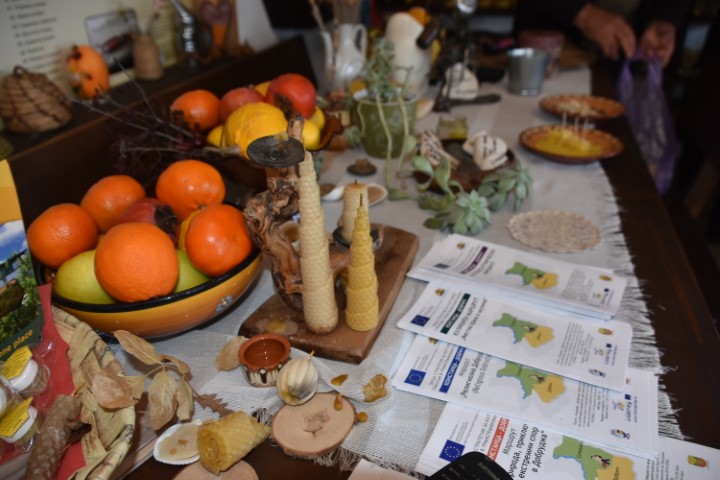
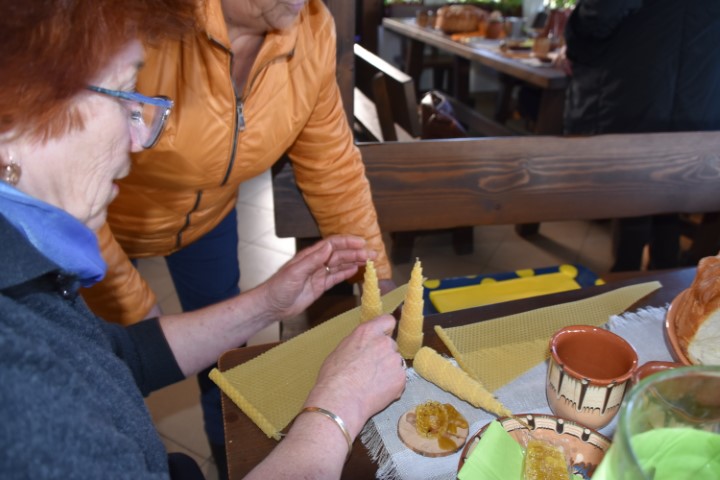
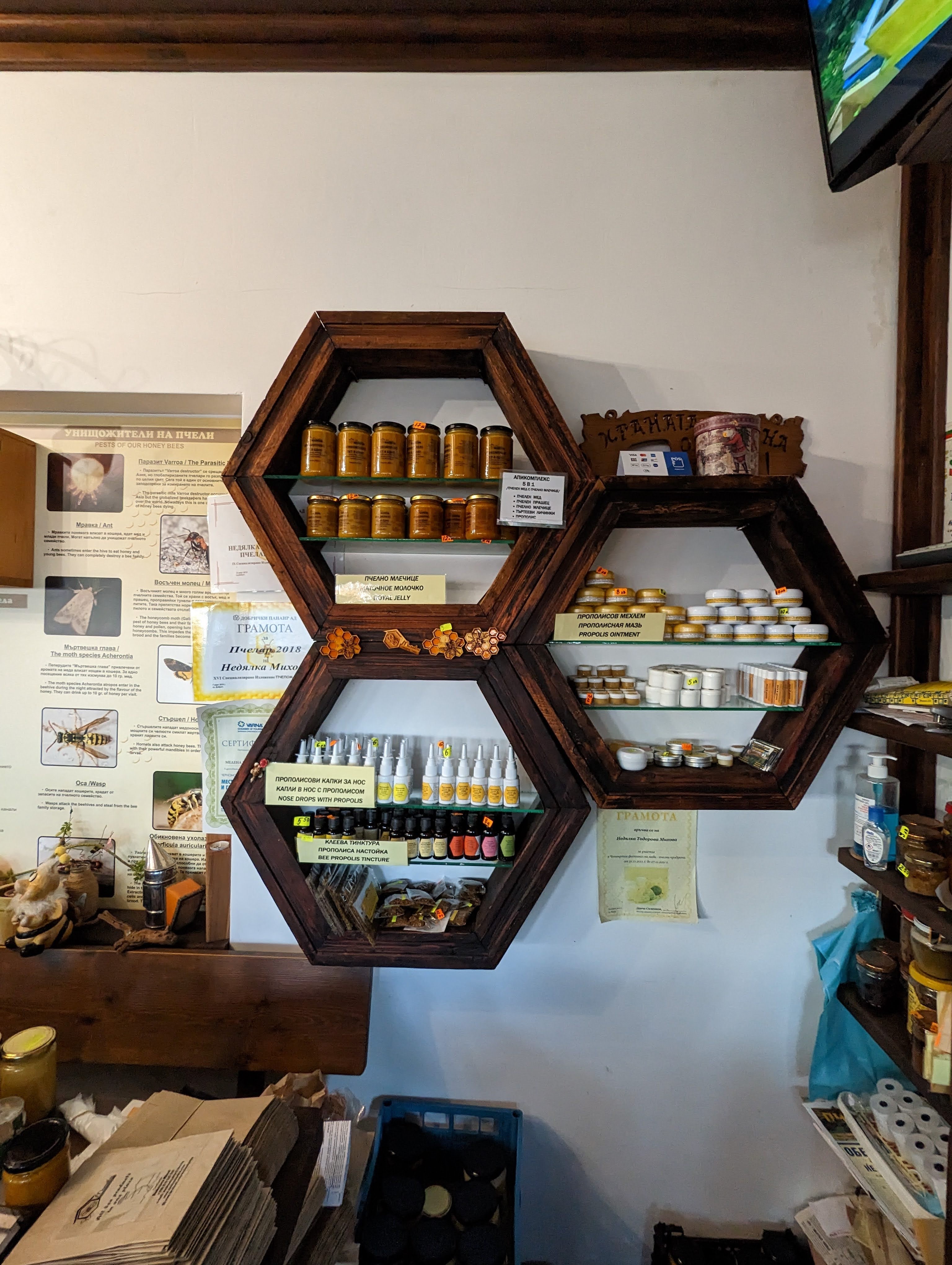

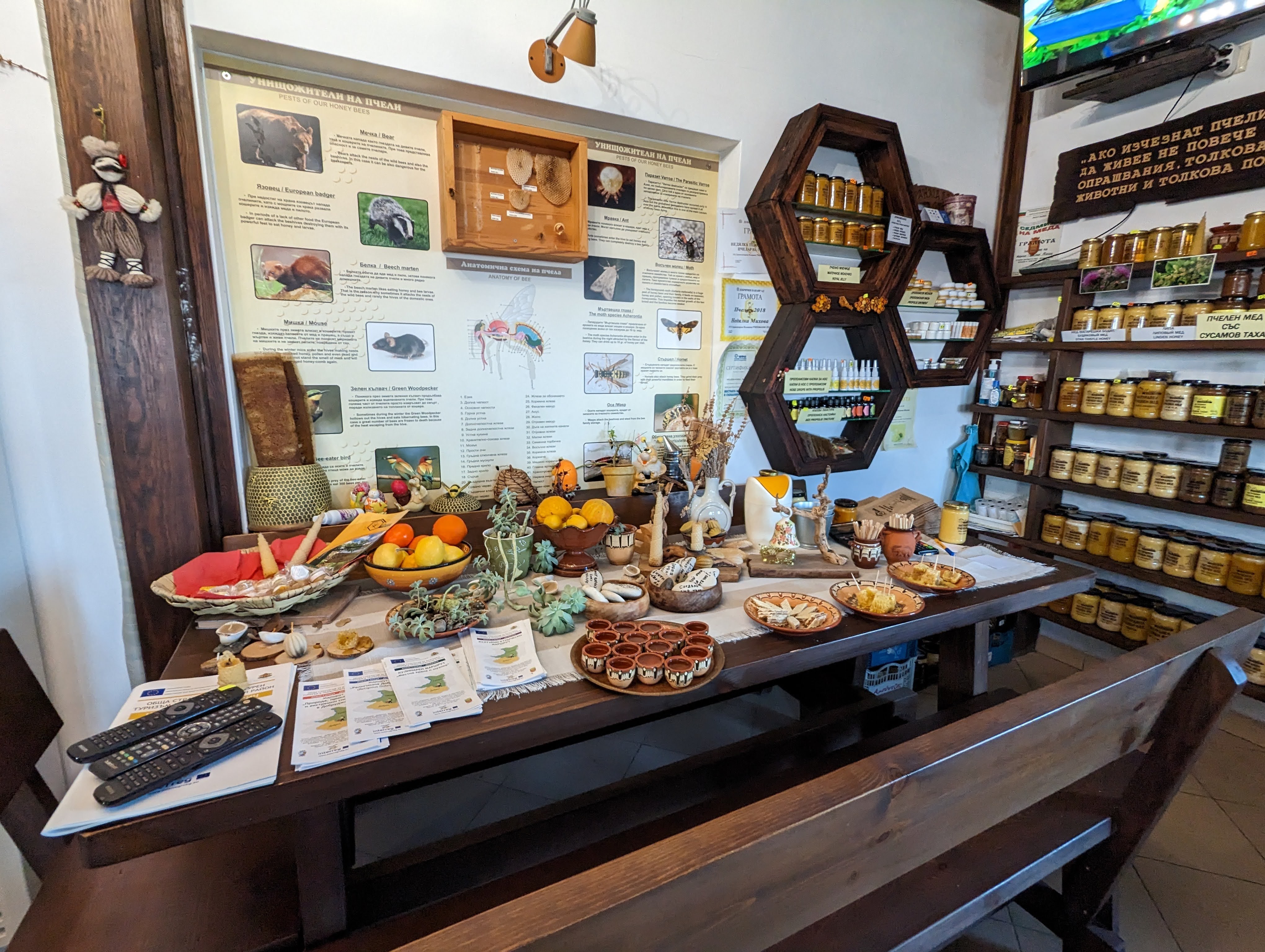
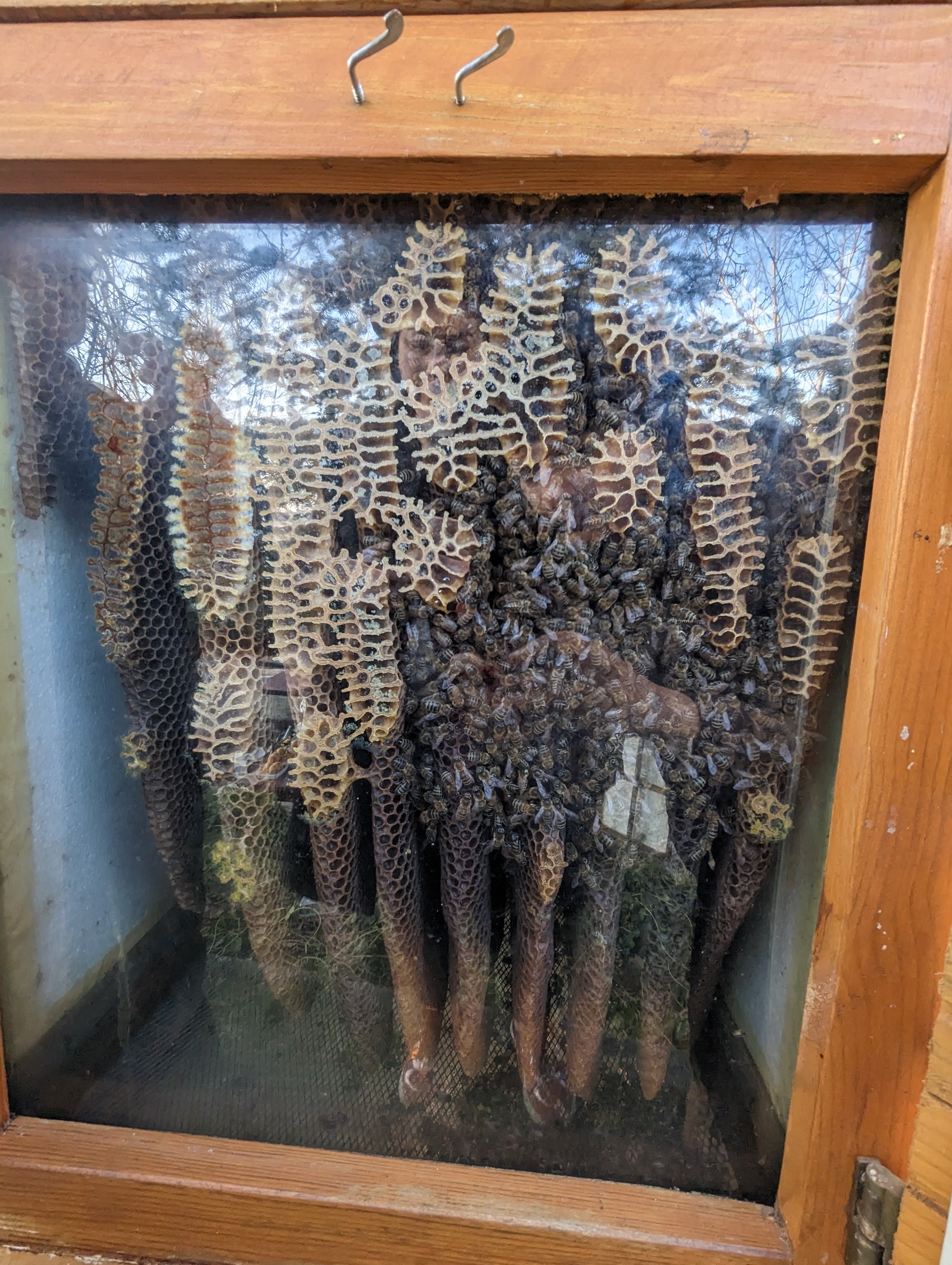
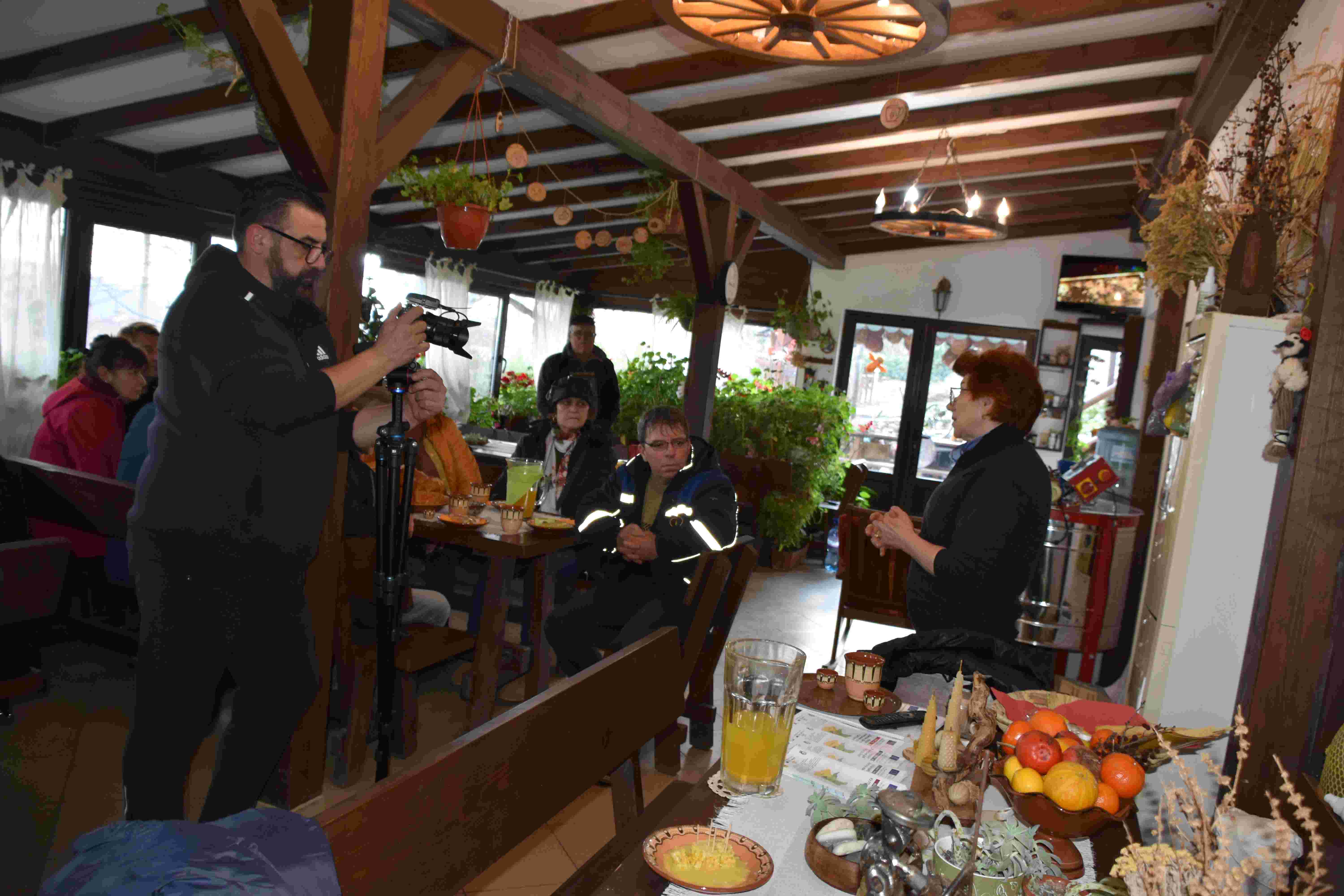


Comments